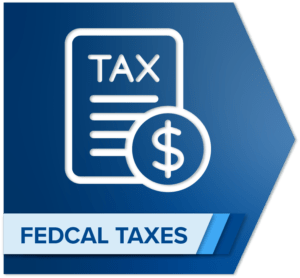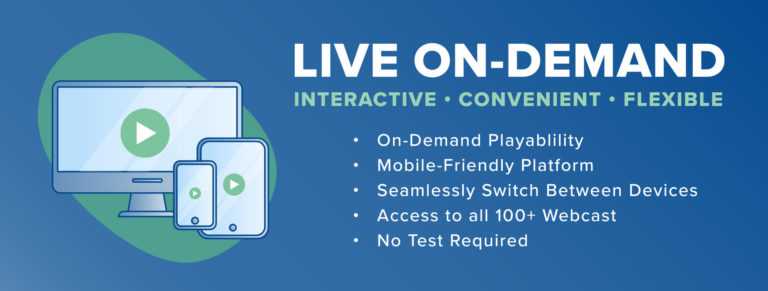
New Payroll Tax Deferral
Article at a Glance:
- Trump’s executive orders call for a payroll tax deferral from Sep. 1 – Dec. 31, 2020
- The Order suspends the collection of 6.2% Social Security tax through Dec. 31, but this is a deferral, not a forgiveness
- Relief only applies to those with a biweekly pre-tax income of less than $4,000
- Unemployed or furloughed receive no benefit
September 1st is the First Day of Payroll Tax Deferral, and the IRS is Here To Help with Notice 2020-65
On August 8, 2020, President Trump issued a Presidential Memorandum to the Department of Treasury to allow for the deferral of the employee’s share of Social Security tax for the period of September 1, 2020, through December 31, 2020. The deferral only applies to the OASDI portion of Social Security taxes. It does not apply to Medicare tax withholding.
$4,000 per bi-weekly pay period. The deferral is restricted to “any employee the amount of whose wages or compensation, as applicable, payable during any bi-weekly pay period generally is less than
$4,000, calculated on a pre-tax basis, or the equivalent amount concerning other pay periods.” Notice 2020-65 that the deferral applies to wages or compensation paid to the employee for the pay period, irrespective of the amount of wages or compensation paid to the employee for other pay periods.
Tax Practitioner Planning. The maximum deferral is $2,149 ( $8,666 x 4 months x .062). A $20 per hour employee would have a four-month deferral of about $800. Larry Kudlow, the White House Economic Adviser, said that the deferral will give millions of American workers “a gigantic wage increase.”
Deferred Not Forgiven. Notice 2020-65 states that the employer “must withhold and pay” the total deferred tax amount ratably from wages and compensation paid between January 1, 2021, and April 30, 2021. There is no information in the Notice on what the employer is to do if the employee no longer works at the business or if the business is permanently closed.
Self-Employed Individuals. CARES gives the self-employed individual a deferral of the employer’s share of OASDI. It appears that they get nothing more here.
Three Major Concerns.
- Is the repayment ultimately the employer’s obligation?
- How will the deferral be reported on Form 941?
- Is the deferral optional? In a Fox News interview on August 12, 2020, the Treasury Secretary Mnuchin said, “We can’t force people to participate, but I think many small businesses will do this and pass on the benefits.”
Client Letter: Here’s the attached client letter for your use.
©2020 Sharon Kreider



